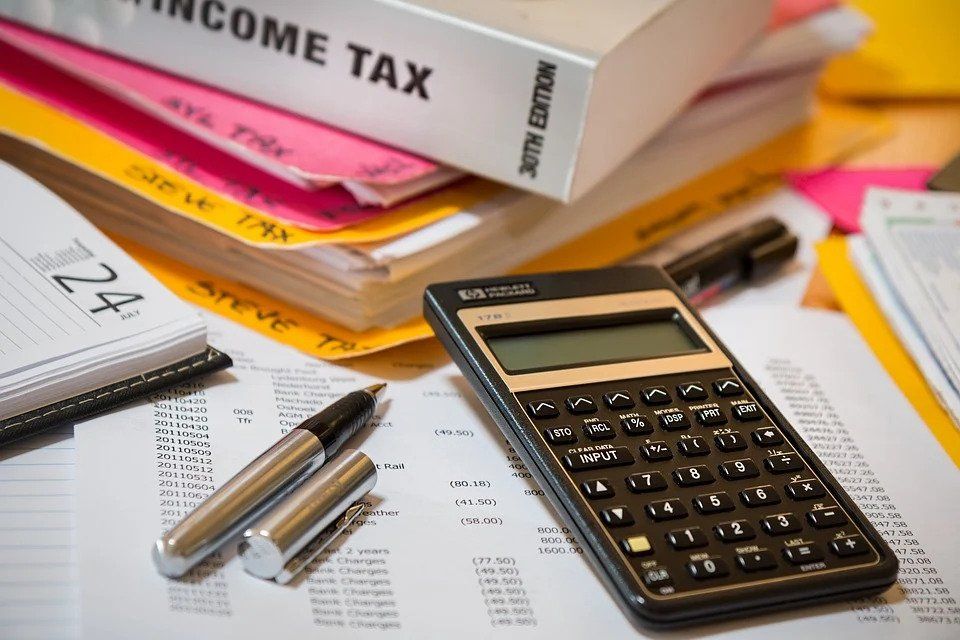
There’s a certain date on the calendar that many people dread: Tax Day.
It might be because they find tax preparation tedious, or difficult. Or it might be because they know they owe the government money.
If either of those sounds like you, then read on – because there are serious consequences when you fail to file, or file late.
What Really Happens If You Don’t File Your Taxes?
The law is clear: if you’ve earned income, you have to file a tax return for the year – even if you don’t owe anything. It’s that simple. The good news: you might have a refund coming on taxes you’ve already paid during the year. On the other hand, you may find you owe money. Either way, you must file.
You Can Run, But …
American taxpayers – despite what they may think – aren’t the hardest-hit in the world: in fact, the U.S. ranks 24th in the world with its rate of 24% for “average” income earners. Germany, at about 40%, is at the top of the list.
American citizens are expected to pay tax, regardless of their country of residence. If you’re hoping to evade the taxman by relocating to Monaco, Bermuda, the UAE, or the Bahamas (none of which impose personal income tax), you’ll have to pay the price by renouncing your citizenship.
What Really Happens If You Don’t File Your Taxes in the U.S.?
In the U.S., If you don’t file taxes, or don’t pay the amount you owe, you could be facing serious consequences. It could start out as a bill and a sternly-worded letter from the government, then a series of collection notices. What begins as a small penalty will become a large one if left unpaid. And that penalty doesn’t disappear: it accumulates interest.
If you continue to fail to pay, the government can place a lien on what you own – meaning they have a legal claim on it. If payment is still not made, they can seize your property, or garnish your wages – meaning they can extract payment from your current earnings.
In worst-case scenarios, you could be sentenced to jail time for a maximum of five years for evading taxes. But such consequences are rare because really, the government just wants you to pay what you owe them – and nobody wins if you’re sitting in jail while being paid for by taxpayer money!
If you haven’t filed by midnight on Tax Day, you’ll need to request an extension. That won’t get you off the hook for paying, but it will give you additional time.
What Happens If You File Taxes Late in the U.S?
If you don’t file on time, the IRS can impose a late fee. Currently, the rate ranges from 5% to 25% on what you owe for every month after Tax Day that you don’t file.
If you haven’t filed within two months of Tax Day, you’re facing a minimum payment of $210 or 100% of what you owe, whichever is less. So you’ll end up paying far more than what you originally owed. And interest will continue to build over and above the amount owing.
Conclusion
Look on the bright side. This could be a good year for you taxwise.
According to the “90% Rule”, if you’ve successfully paid 90% of the total of what you owe on Tax Day, the IRS won’t penalize you for failing to pay the full amount of your estimated taxes. If you owe nothing, or you’re getting a refund, there’s no late fee. But keep in mind, if you’re due a refund (in the U.S.) and haven’t filed by three years after the tax date, the IRS will keep your money.
On the other hand, if you think you can avoid paying taxes without paying a price, think again. You could be facing serious consequences – everything from financial penalties to property seizure to jail time – by trying to hold on to what you owe. Whatever the reason for your failure to tackle your taxes, knowing what really happens if you don’t file your taxes should give you the motivation you need to do it right this year.
Also Read- Investing in Buy-to-let with a Limited Company [Best Guide]